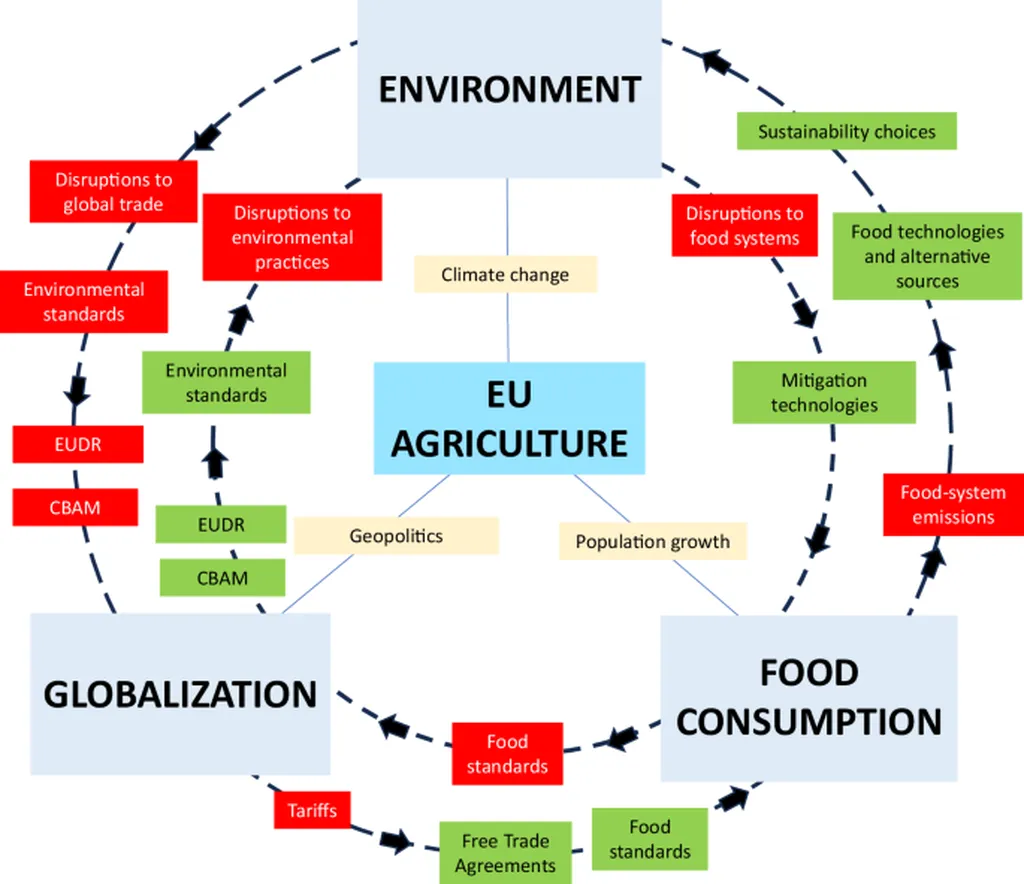The European Union’s Copernicus Climate Change Service is launching a new initiative that could significantly impact the agriculture sector and investors by providing regular insights into how climate change is influencing extreme weather events. Starting soon, scientists will publish two reports a month detailing the role of global warming in recent weather disasters, a practice known as attribution science. This marks the first time Copernicus will have a dedicated office for this purpose.
For the agriculture sector, this new service could be a game-changer. Farmers and agribusinesses are increasingly vulnerable to extreme weather events, from droughts and heatwaves to floods and storms. By understanding the role of climate change in these events, stakeholders can make more informed decisions about crop selection, planting times, and risk management strategies. Insurance companies, which play a crucial role in the agriculture sector, could also benefit. As Johan Rockström of the Potsdam Institute for Climate Impact Research noted, financial institutions understand risk, and this service provides a way to quantify it. This could lead to more accurate risk assessments and potentially more tailored insurance products for farmers.
For investors, the implications are equally significant. As climate change continues to reshape weather patterns, so too will it reshape the risks and opportunities in the agriculture sector. Investors can use this service to better understand these risks and make more informed decisions. For instance, they might choose to invest in more resilient crops or farming practices, or they might divest from regions or businesses that are increasingly vulnerable to climate-related disasters.
Moreover, the service could also aid in legal proceedings. As Erika Lennon of the Center for International Environmental Law pointed out, attribution science can be a tool for attorneys looking to bring suit against companies driving warming. This could have implications for investors in fossil fuel companies, for instance, as they may face increased legal and financial risks.
In essence, this new service from Copernicus could provide a valuable tool for the agriculture sector and investors, helping them to navigate the complexities of climate change and make more informed decisions. However, it’s important to note that while this service can provide valuable insights, it’s just one piece of the puzzle. Other factors, such as local weather patterns, soil conditions, and farming practices, also play a crucial role in shaping agricultural outcomes. Therefore, while this service can provide valuable insights, it should be used in conjunction with other sources of information.

